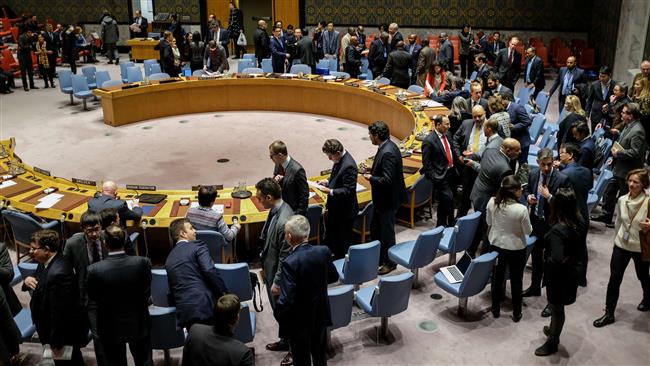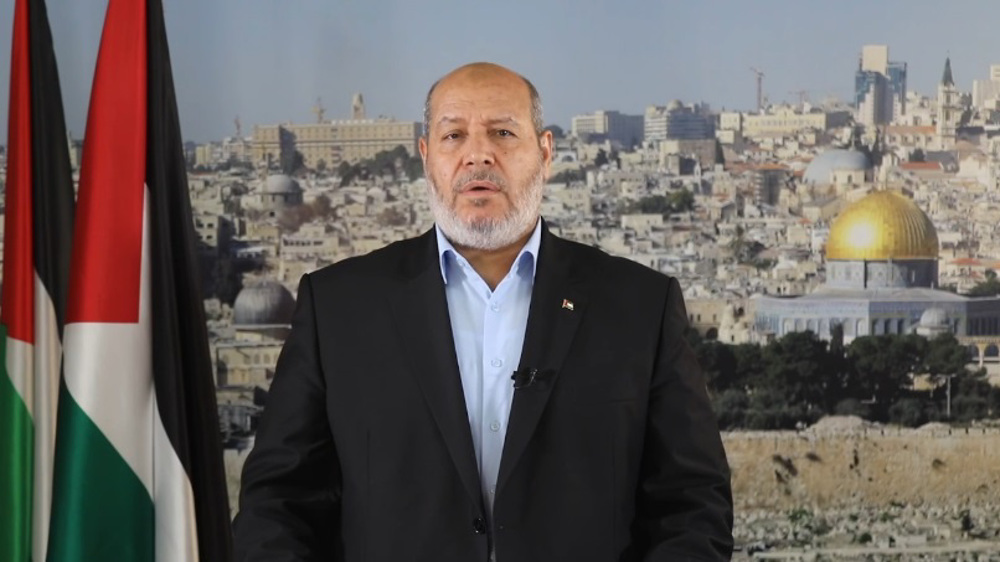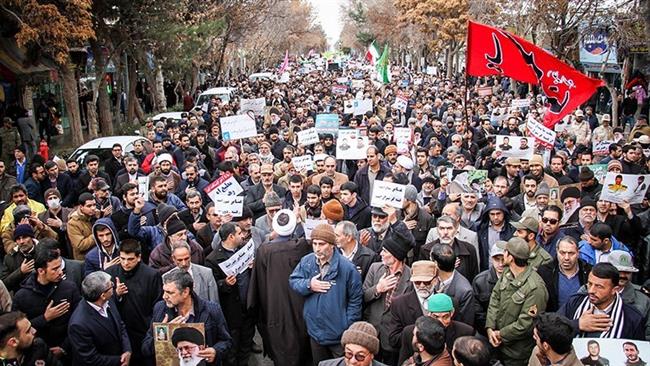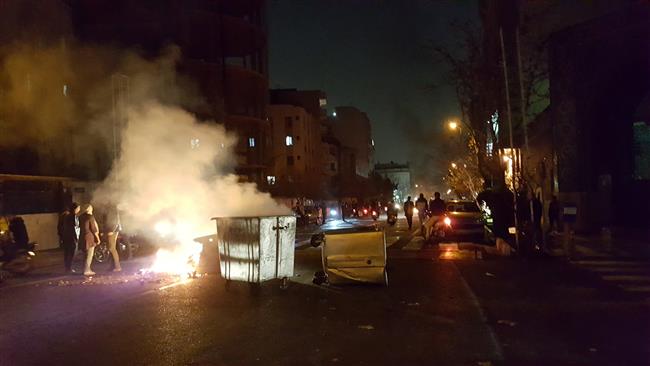US-sought UNSC meeting on Iran backfires on Washington
The UN Security Council (UNSC) finally gives into a US push for a meeting on the latest events inside Iran, but the session does not go as planned as the council’s veto wielders and Washington’s own allies use the debate to criticize the White House for involving the council in Iran’s domestic affairs and seeking to link those issues to the 2015 multinational nuclear deal.
At Friday’s session, US Ambassador to the UN Nikki Haley gave an exaggerated account of a series of scattered riots in some areas in Iran last week, and said Washington would remain steadfastly behind the Iranian “protesters,” attempting to bring other UNSC members onboard with Washington against the Islamic Republic.
A previous US attempt to convene the UNSC had failed earlier this week.
But Haley’s political show soon went down the drain as her hostile comments against Iran was met with a cold response from Russia, China and France, three veto-holding UNSC permanent members, and several other council members, including Sweden.

Last week, some Iranian towns and cities were hit by scattered riots, which followed a series of peaceful demonstrations over economic issues.
However, Iranian law enforcement forces, backed by locals, intervened in time and ended the violence, which saw vandals and armed elements launch attacks on public property, mosques and police stations. Over a dozen people died amid the violence.
Russia to US: You’re dispersing UNSC energy!
Russian Ambassador to the UN Vasily Nebenzya accused the US of “abusing” the UNSC platform.
“Why is the United States, a permanent member of the Security Council and one of the authors of the UN Charter, undermining the authority of the Security Council as the main body which is responsible for maintaining international peace and security? I think it is obvious for everyone that the topic chosen today does not fall within the parameters established by the UN Charter for this Security Council,” he asked.

The Russian envoy also stressed that the UNSC meeting was actually meant to undermine the 2015 nuclear deal between Iran and six world powers, officially called the Joint Comprehensive Plan of Action (JCPOA).
“You are dispersing the energy of the Security Council, instead of focusing it on dealing with key crisis situations in Afghanistan, Syria Libya, Iraq, Yemen, DPRK, the African continent. Instead of that, you are proposing that we interfere in the internal affairs of a state,” said the Russian official.
“We don’t want to get involved in destabilizing Iran or any other country,” he said.

Similarly, China’s Deputy UN Ambassador Wu Haitao said the Security Council is tasked with maintaining international peace and should not be “the venue for discussing the human rights situation of any country.”
“The Iranian situation did not pose a threat to international peace and security, and discussing its domestic situation was not part of the Council’s responsibilities as outlined in the Charter,” he pointed out.

France: Iran events must not serve personal ends
Even France distanced itself from the US, with its UN Ambassador Francois Delattre saying the recent protests in Iran do not threaten international security.
“However worrying the events of the last few days in Iran may be, they do not constitute per se a threat to international peace and security. We must react appropriately to what has been going on,” he said. “But we must be wary of any attempts to exploit this crisis for personal ends, which would have the diametrically opposed outcome to that which is wished.”
Kairat Umarov, Kazakhstan's representative who also serves as the council’s president, said that his country considered the events unfolding in Iran to be “a domestic issue that did not fall under the mandate of the Security Council.”
Meanwhile, Sweden’s representative Irina Schoulgin Nyoni emphasized that Stockholm had “reservations on the format and timing of this session.”
She further supported the JCPOA, saying the nuclear accord’s “continued implementation was crucially important.”
Hamas thanks Iran, Resistance Front following achievement of ceasefire in Gaza
'Capitulation': Israeli officials and media concede Gaza defeat as truce unfolds
'Gaza has won': Social media users react to ceasefire with mix of relief, joy
Iran seeks South Korea’s assistance for AI, fiber-optic projects
VIDEO | Iran's 'Eqtedar' (Power) maneuver
Israel hits HTS military target in Syria for 1st time since fall of Assad
VIDEO | Press TV's news headlines
Israel has slaughtered 13,000 students in Gaza, West Bank















 This makes it easy to access the Press TV website
This makes it easy to access the Press TV website